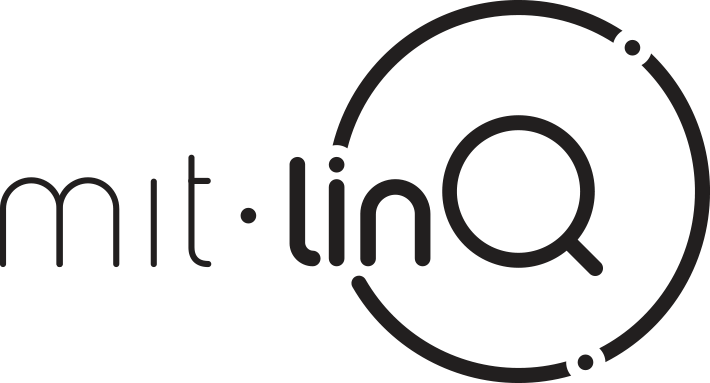Spring 2019
Experience highlights
Process this phase
Innovating for mission impact
The Fall 2019 Cohort will participate in a 14 week immersive experience to develop research project proposals with high potential for healthcare impact. Participants will work closely with a cross-disciplinary team of faculty mentors in a highly networked community of engineers, scientists, businesspeople, and clinicians. Using the Catalyst methodology for innovating for impact, participants work through a structured process to consider real-world needs, plausible solutions, and viable action plans to develop proposals that, if successful, will lead to a clear and specific benefit.
Selected project proposals have the potential for follow on funding.
The focus for the Fall 2019 cohort is on identifying opportunities to improve the quality of life, autonomy and societal inclusion for people with Down syndrome.
Cohort partners


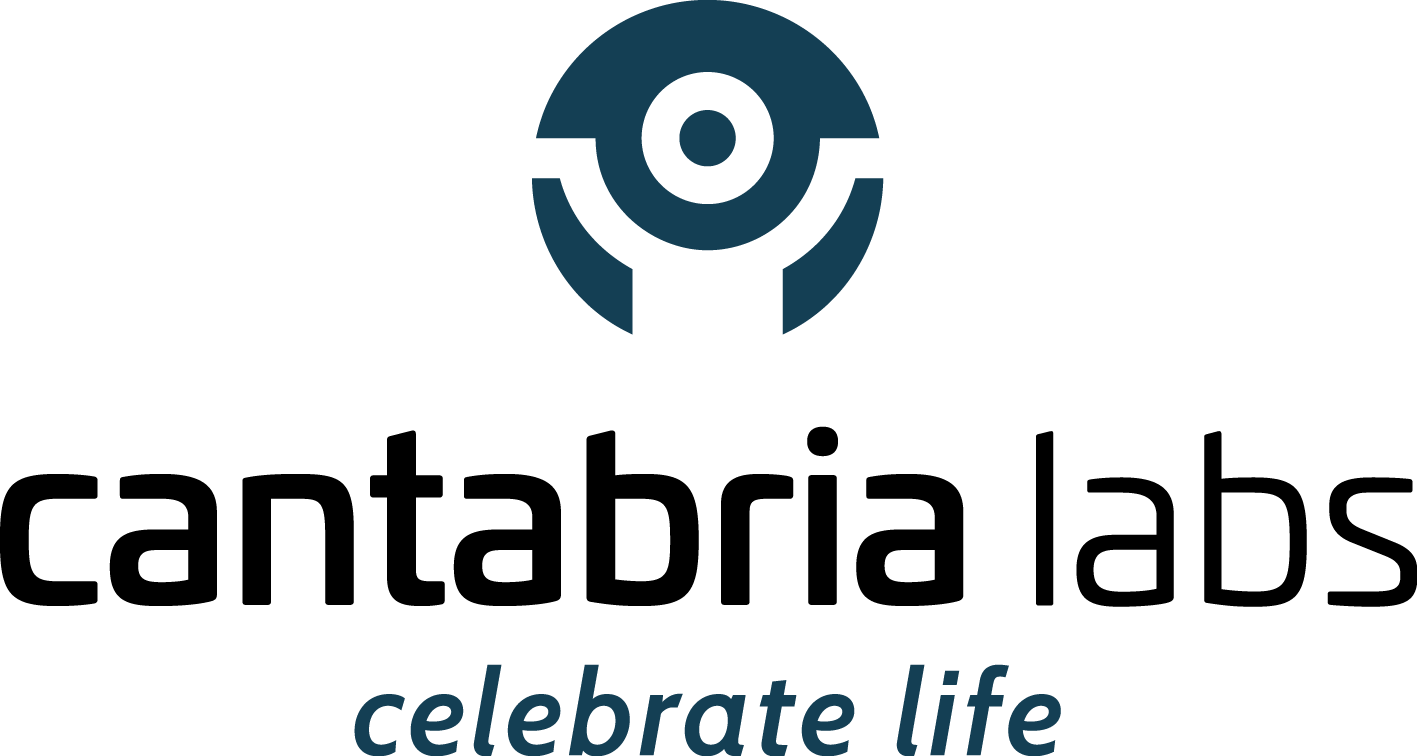

“linQ brings together many passionate, creative and brilliant people. Real things happen, and we have great fun along the way.”
Experience highlights
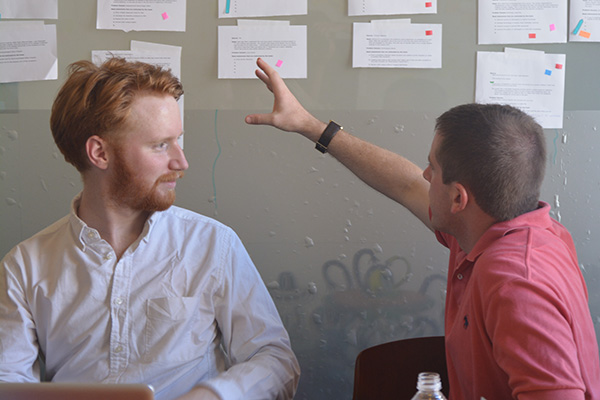

Nucleate original need-driven research and venture opportunities with high potential to achieve health impact and without the constraints of a single lab or organization
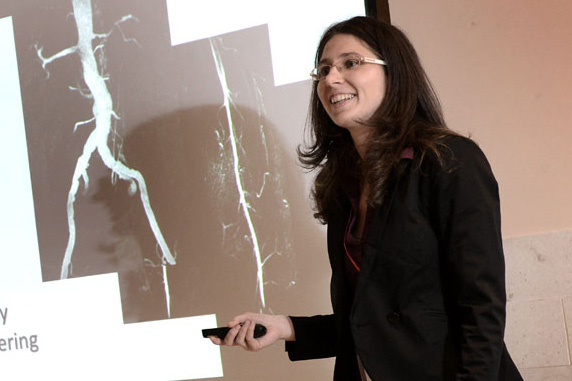

Process driven by you. What you and your team develop during the spring is just the beginning. Past teams have launched start-ups, established new lines of research, and embarked on new career trajectories.
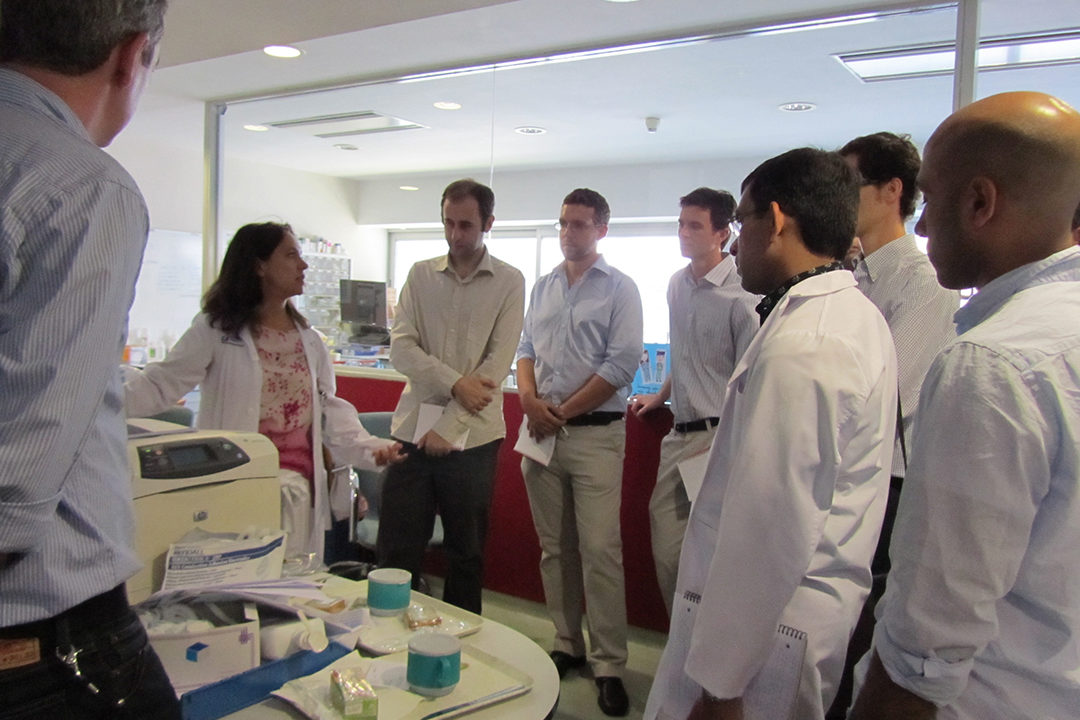

Mentored by cross-disciplinary experts from academic research, industry, and clinical care
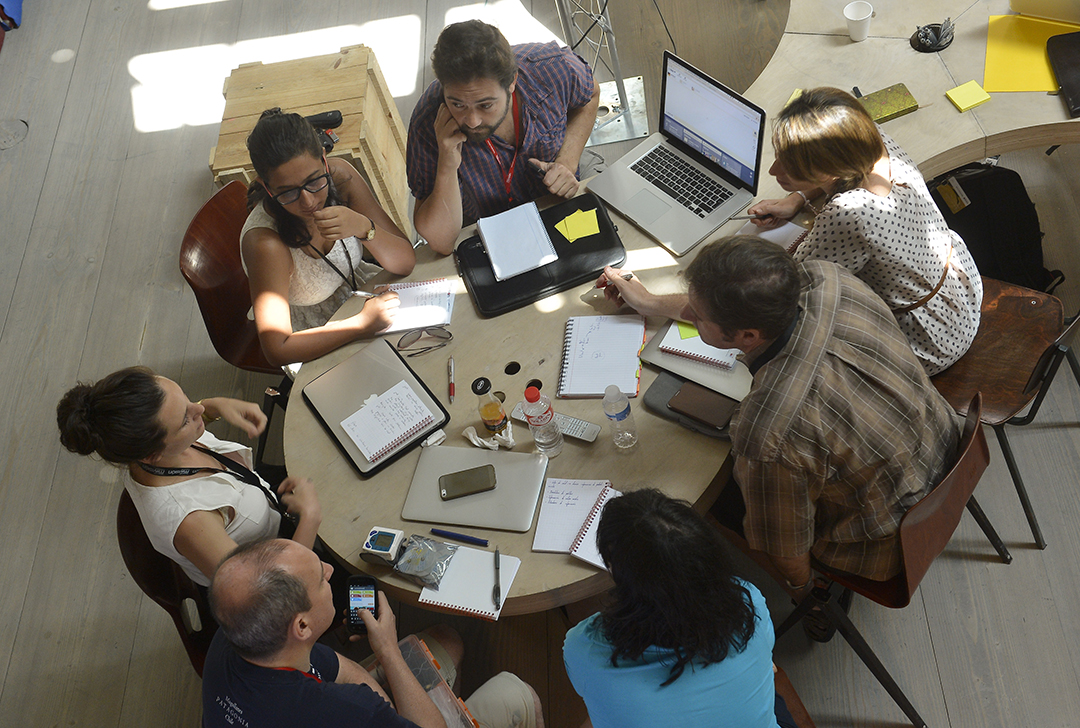

Selected projects progress to Phase II in which scaling and commercialization are explored.
The process this phase
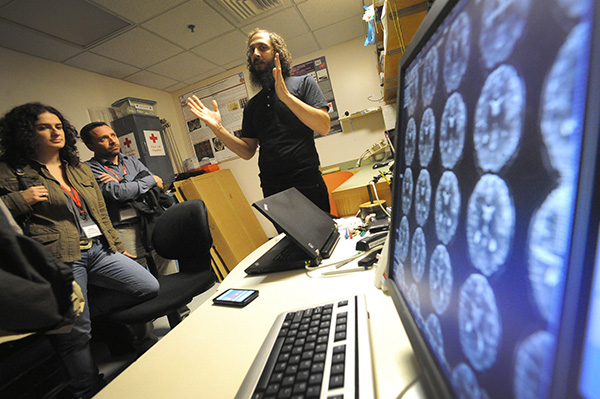

Proof of Need
Identify, evaluate, and document unmet medical needs. Visit laboratories, talk with clinicians and explore the literature to create problem and need statements.
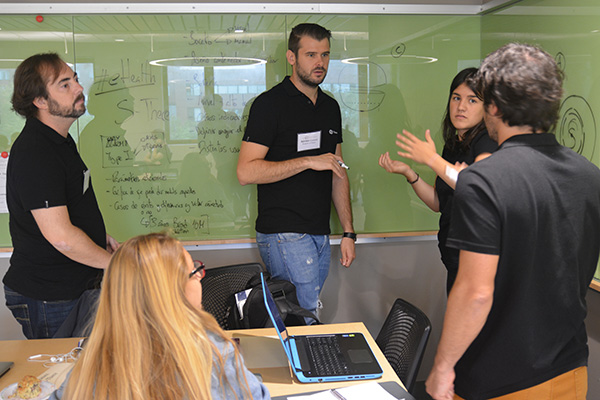

Proof of Opportunity
Identify and evaluate opportunities (need & solution idea). Work in teams for an in-depth analysis. Develop and document your opportunity.
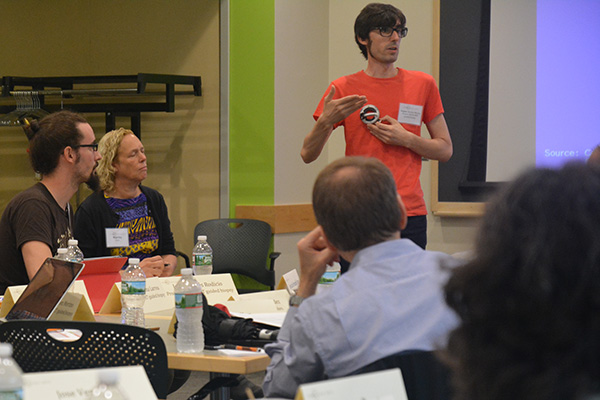

Project Proposal
Develop a plan to launch a research project which outlines the milestones in a 12-18 month time frame. Present your project proposal (orally) to an Independent Advisory Panel.


Outcome
Portfolio of 1-4 validated research opportunities, with real opportunity to transition to Phase II—exploration of funding and commercialization opportunities.
2019 Spring Cohort
Fellows




Aasia Romano, MD
OB-GYN Physician, Brigham and Women’s Hospital and VA Healthcare Boston
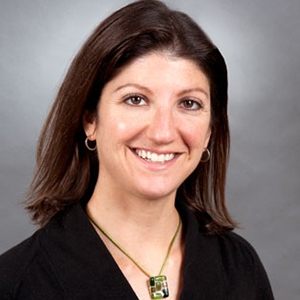

Amy Linsky, MD
Physician, Internal Medicine, VA Boston Healthcare System




Anna Jagielska, PhD
Research Scientist, Massachusetts Institute of Technology
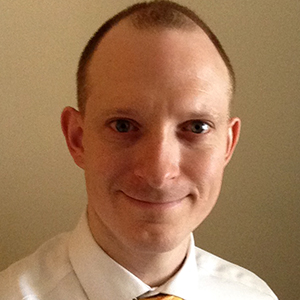

Chris Carr, ScD
Research Fellow, Massachusetts General Hospital (MGH) Molecular Biology
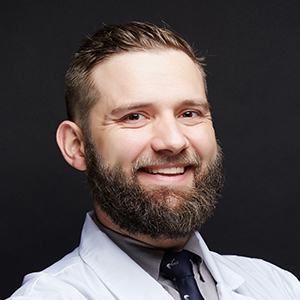

jon Champagne, PA-C
Physician Assistant, Cardiac Electrophysiology, West Roxbury VA


Ravi Rasalingam, MBChB
Staff Cardiologist, Medicine/Cardiology, Boston VA Healthsystem
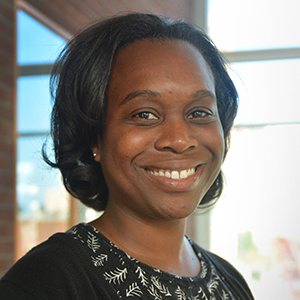

Tarsha Ward, PhD
Postdoctoral Research Fellow, Harvard Medical School
Faculty
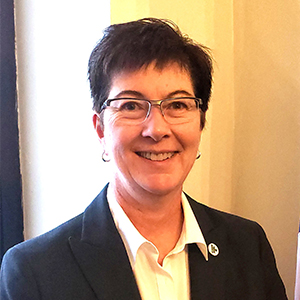

Pamela Bellino MA, OTR/L
Director of Patient Safety, VA Boston Healthcare System
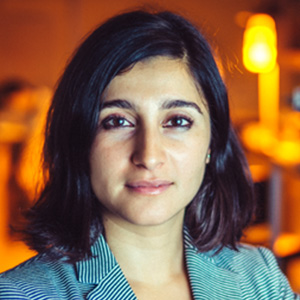

Lydia Bourouiba, PhD
Assistant Professor, Civil and Environmental Engineering and Mechanical Engineering;
Affiliate Faculty of Harvard Medical School
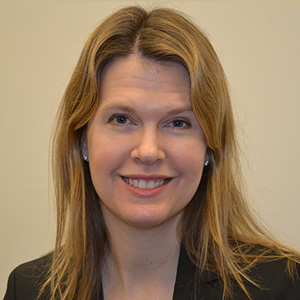

Heather L. Davidson, MD
Assistant Professor of General Internal Medicine at Boston University School of Medicine;
Deputy Chief of Staff and Hospitalist Physician at VA Boston HCS
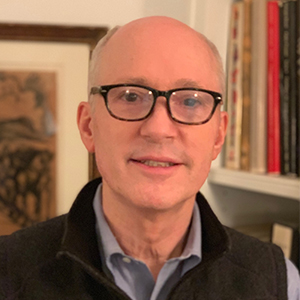

Stephan Gaehde, MD, MPH
Boston VA Medical Informatics Fellowship Program Director and Chief of Emergency Services
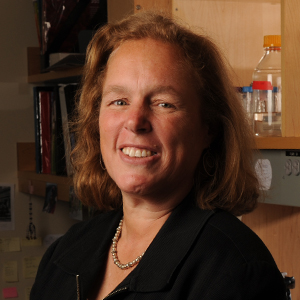

Martha Gray, PhD
Director, MIT linQ
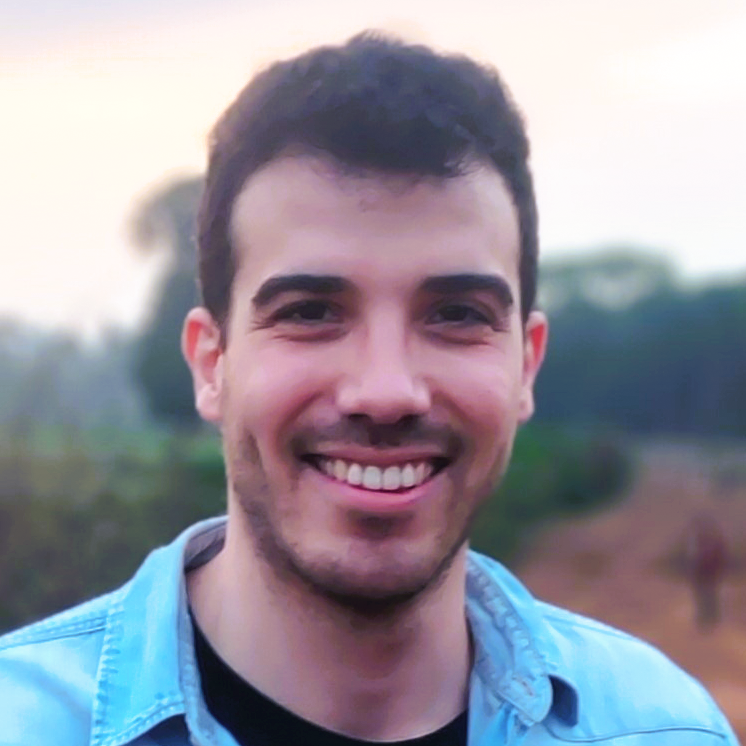

Pablo Fernández González
Hospital Universitario Ramón y Cajal
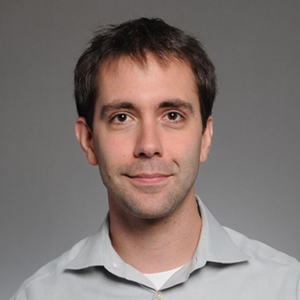

Jacob Hooker, PhD
Phyllis and Jerome Lyle Rappaport MGH Research Scholar
Professor of Radiology, Harvard Medical School
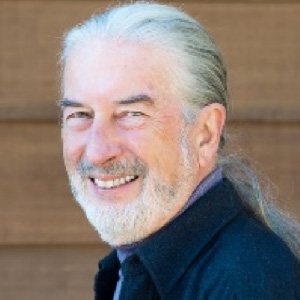

Peter Hansen, PhD
Founder of Union Biometrica, Inc.
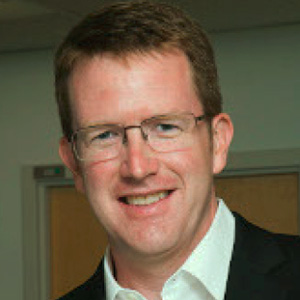

Tim Padera, PhD
Associate Professor in Radiation Oncology, Harvard Medical School
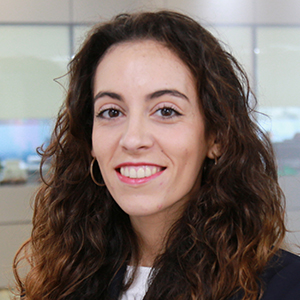

Azahara Rodriguez
Innovation Project Manager & Scientific Advisor at Cantabria Labs
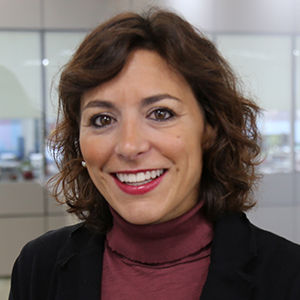

Gloria Sanclimens
Product Development Director at Cantabria Labs
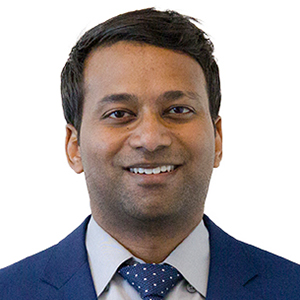

Karthik Sivashanker, MD, MPH
Assistant Professor of Psychiatry at the Boston University School of Medicine;
Consultation-Liaison Psychiatrist, VA Boston Healthcare System
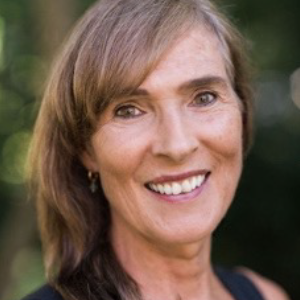

Nancy R. Steele, MA
MIT linQ Faculty


Collin Stultz, MD, PhD
Professor of Electrical Engineering and Computer Science, Institute for Medical Engineering and Science
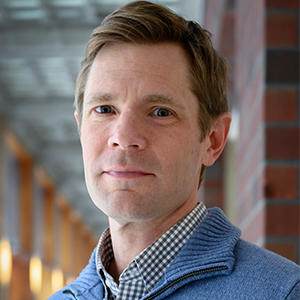

Ben Vakoc, PhD
Associate Professor, Harvard Medical School
Independent Advisory Panel (IAP)


Christiana Iyasare, MD
Director, Massachusetts General Hospital Department of Medicine Innovation Program; Co-Founder, Dyrnamix, Inc.
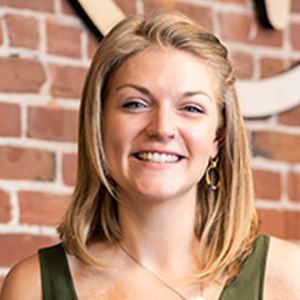

Emily Lindemer, PhD
Director of Data Science and Analytics at Wellframe
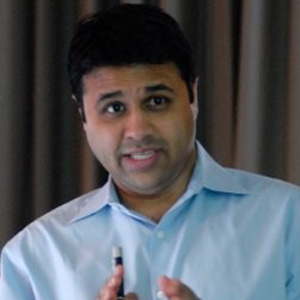

Jagesh Shah, PhD
Vice President, Gene Therapy Technologies at Sana Biotechnology, Inc.




Juan Pablo Pivel
External scientific and industrial property advisor in Cantabria Labs
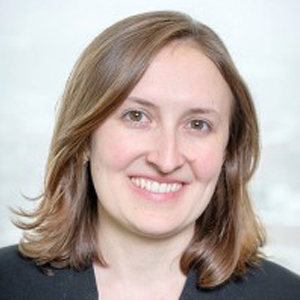

Julia Jackson, MBA
Director, Digital Health at Sage Therapeutics


Melinda Decker, MS, MBA
Chief Commercial Officer, Mymee
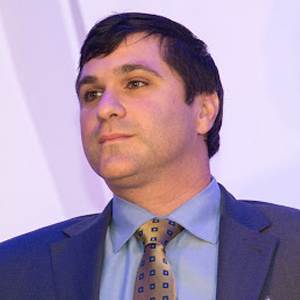

Ryan Vega, MD
Diffusion of Excellence Lead; Hospital/Attending Physician, Richmond, Va. VA Medical Center
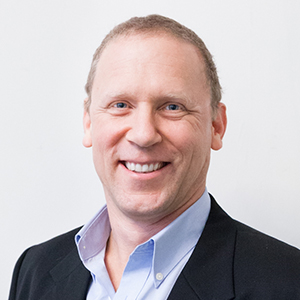

Samuel “Mooly” Dinnar, PMB
Founder of Meedance,
Instructor at Harvard and MIT
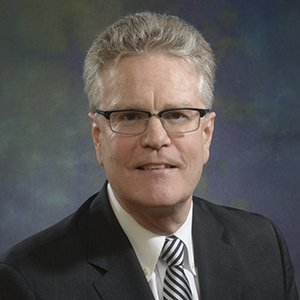

Terry Keane, PhD
Associate Chief of Staff for Research and Development at VA Boston Healthcare System
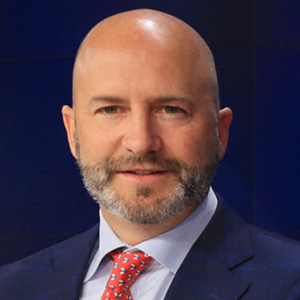

Will Febbo
CEO of OptimizeRx


